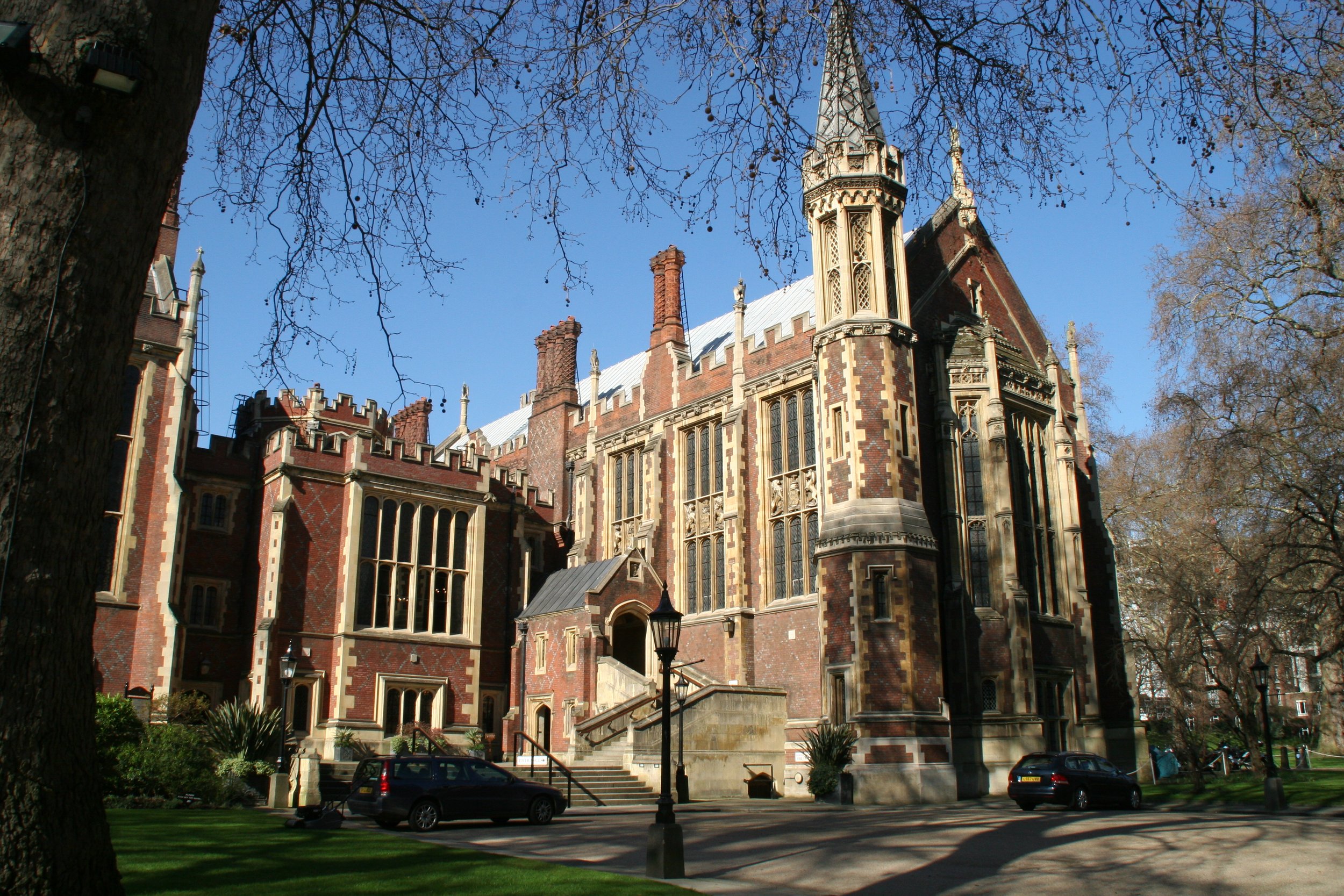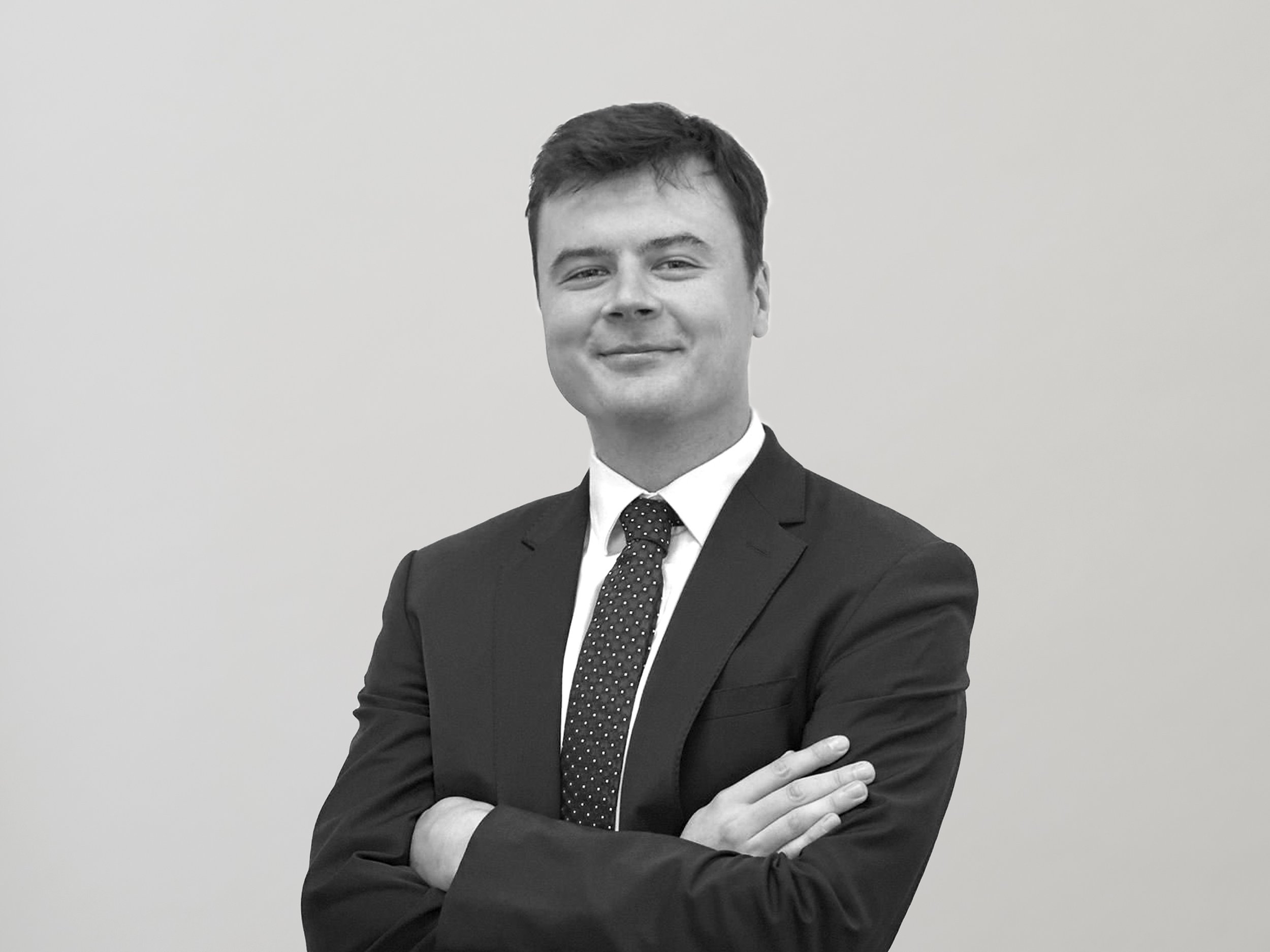The Supreme Court Reaffirms Stringent Standards for Fiduciaries
On 15 November 2024, Joshua Ray and Duncan Henderson, partners at CANDEY, acted for th On 19 March 2025, a seven-justice panel in the UK Supreme Court handed down judgment in Rukhadze and ors v Recovery Partners GP Ltd and anor [2025] UKSC 10: a highly significant decision concerning the equitable principles regarding the duties and liabilities of fiduciaries. The Supreme Court rejected the Appellants’ submission that the House of Lords decisions of Regal (Hastings) Ltd v Gulliver [1967] 2 AC 134 and Boardman v Phipps [1967] 2 AC 46 should be departed from. The decision reaffirmed that a fiduciary is not allowed to defend his retention of a secret profit by saying that he would have made it even if he had not committed a breach of fiduciary duty.
Lord Briggs (with whom Lord Reed, Lord Hodge and Lord Richards agreed) delivered the leading judgment. Lord Leggatt and Lord Burrows gave concurring judgments.
Facts
The Appellants were involved in providing asset recovery services for the family of a deceased Georgian businessman, Badri Patarkatsishvili. Initially, they provided these services to Salford Capital Partners Inc. (“SCPI”) and Revoker LLP, but later resigned and continued providing the services independently. In doing so, they made significant profits. The Respondents brought a claim against the Appellants for an account of the profits made from the asset recovery services, arguing that these profits were derived from the Appellants' fiduciary relationship with SCPI and Revoker and that they, in breach of fiduciary duty, had diverted a business opportunity away from SCPI and Revoker.
Issues
The primary issue before the Supreme Court was whether the Appellants should account for the profits made after their resignation, which were derived from their fiduciary relationship with SCPI and Revoker. The Appellants argued that the strict application of fiduciary principles, which mandate fiduciaries to account for all profits made from their position regardless of causation, is overly restrictive and outdated. They proposed that the law should adopt a "but-for" test of causation, which would require consideration of whether the profits would have been made even if the fiduciary had not committed a breach of duty. This approach, they contended, would align the equitable principles with common law principles of causation, bringing clarity, predictability, and fairness to the law in this area. The Appellants also argued that this change would reflect the realities of contemporary business practices and the way the law had developed in other common law jurisdictions.
Decision
The Supreme Court dismissed the appeal, maintaining the traditional strict approach to fiduciary duties. Lord Briggs, in his leading judgment, emphasised that "the duty to account for profits is a fundamental aspect of fiduciary relationships, designed to deter fiduciaries from exploiting their position for personal gain and to ensure they act with undivided loyalty towards their principals". He further stated that "profits made from the fiduciary relationship are treated by equity as held upon constructive trust for the principal from the moment of their receipt by the fiduciary". He reinforced that hypothetical counterfactual scenarios, such as whether the principal would have consented to the fiduciary keeping the profits, are irrelevant in determining the duty to account.
Lord Leggatt, agreeing with Lord Briggs, focused on the fiduciary's duty not to use the principal’s property, including business opportunities, for their personal benefit. He highlighted that the strict approach to fiduciary duties is essential to prevent conflicts of interest and maintain trust in fiduciary relationships. Lord Burrows, also concurring, emphasised the remedial nature of the fiduciary’s obligation to account for profits. He argued that the duty to account should be seen as a remedy for the breach of fiduciary duty, rather than a strict liability rule.
Significance
The judgment reaffirms the stringent standards applied to fiduciaries, ensuring they act with undivided loyalty towards their principals. The judgment highlights the importance of maintaining the integrity of fiduciary relationships by preventing fiduciaries from benefiting from their position without proper authorisation. It underlines the court's commitment to upholding the traditional principles of equity when faced with arguments for modernisation based on contemporary business practices. Fiduciaries must continue to obtain informed consent from their principals before making any profits from their fiduciary position; it is clear that the courts will continue to enforce this duty strictly to protect the interests of beneficiaries.
Note: This is a general summary of a recent judgment and is made available for general discussion purposes only between CANDEY and its clients and prospective clients. This memorandum does not constitute legal advice and must not be relied on as such. It should also not be cited as legal or academic authority.
CANDEY is a boutique litigation law firm that has extensive experience and resources to evaluate and advise on international commercial litigation. In particular, we can guide clients through the duty of care litigation process, particularly assessing early on the difficult procedural and evidentiary challenges that type of litigation involves.
Partner
April 2025
Pupil Barrister



